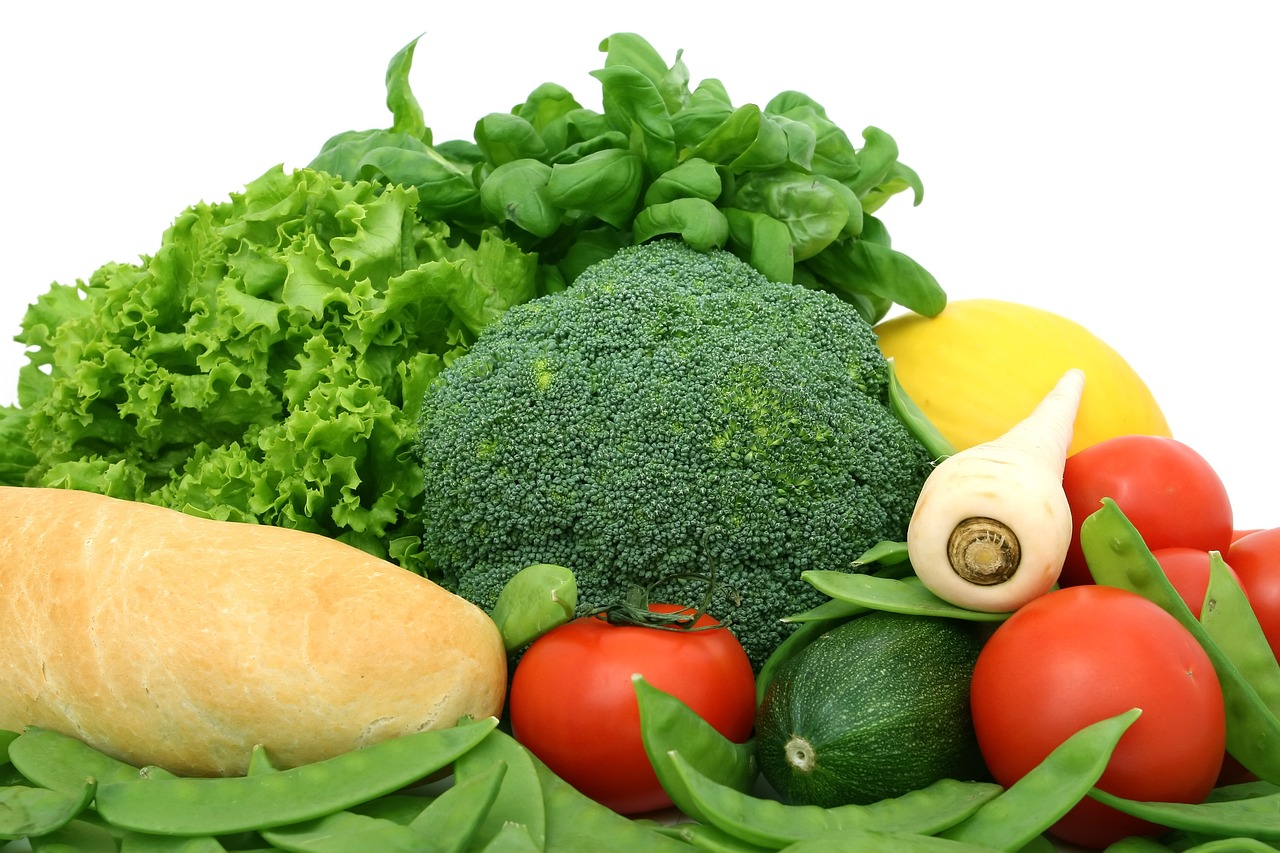“`html
Understanding Sports Nutrition: The Foundation of Athletic Performance
In the world of sports, where competition is fierce and every second counts, the importance of sports nutrition cannot be overstated. Athletes at all levels—whether amateurs looking to improve their fitness or professionals striving for Olympic glory—must focus on their nutrition to maximize performance, speed up recovery, and maintain overall health. By understanding the crucial elements of sports nutrition, athletes can fuel their bodies effectively and see tangible results in their performance.
The Science of Macronutrients
Macronutrients—carbohydrates, proteins, and fats—are essential components of any athlete’s diet. Understanding how to balance these nutrients can help in achieving optimal performance.
1. Carbohydrates: The Energy Source
- Role: Carbohydrates are the primary energy source for athletes, particularly during high-intensity exercise.
- Types:
- Simple carbohydrates (e.g., fruits, sports drinks) provide quick energy.
- Complex carbohydrates (e.g., whole grains, legumes) offer sustained energy supply.
2. Proteins: Building Blocks of Muscle
- Role: Protein is crucial for muscle recovery and growth.
- Sources:
- Lean meats (e.g., chicken, turkey)
- Fish (e.g., salmon, tuna)
- Dairy products (e.g., yogurt, cheese)
- Plant-based sources (e.g., beans, lentils, tofu)
3. Fats: Essential for Endurance
- Role: Fats provide a long-lasting fuel source, especially during endurance activities.
- Healthy fats:
- Nuts and seeds
- Avocado
- Olive oil
The Importance of Hydration
Proper hydration is vital for maintaining peak performance. Dehydration can impair athletic performance and increase the risk of injury.
1. Hydration Guidelines
- Before Exercise: Drink at least 16-20 ounces of water 2-3 hours before exercising.
- During Exercise: Aim for 7-10 ounces of fluid every 10-20 minutes based on intensity.
- After Exercise: Rehydrate with 16-24 ounces of water or electrolyte drinks for every pound lost during exercise.
2. Signs of Dehydration
- Dark yellow urine
- Fatigue
- Dizziness
- Dry mouth
Timing Your Nutrition: Pre, During, and Post-Exercise
The timing of nutrient intake is critical to maximizing performance and recovery.
1. Pre-Workout Nutrition
- Consume a meal rich in carbohydrates and moderate in protein 3-4 hours before exercise.
- Example: A bowl of oatmeal with banana or a whole-grain sandwich with turkey.
2. During Workout Nutrition
- For sessions lasting longer than 60 minutes, consider consuming carbohydrates.
- Example: Sports gels, electrolyte drinks, or bananas.
3. Post-Workout Recovery
- Focus on replenishing glycogen stores with carbohydrates and supporting tissue repair with protein.
- Example: A protein smoothie with fruits or chicken and quinoa salad.
Supplements in Sports Nutrition
While whole foods should always be the foundation of an athlete’s diet, some supplements may offer benefits.
1. Popular Supplements
- Protein powders: Useful for quick protein intake post-workout.
- BCAAs: May help reduce muscle soreness.
- Caffeine: Can enhance performance and increase focus.
2. Considerations When Using Supplements
- Always consult with a healthcare professional.
- Prioritize safe and reputable brands.
- Understand that supplements are meant to complement, not replace, a balanced diet.
Conclusion
Incorporating the principles of sports nutrition into your training regimen can significantly enhance your performance and recovery. By focusing on a balanced intake of macronutrients, maintaining proper hydration, timing your meals effectively, and considering the appropriate use of supplements, athletes can optimize their health and performance. Remember, nutrition is not a one-size-fits-all approach—what works for one athlete may not work for another. Therefore, it’s crucial to listen to your body and adjust your nutrition plan according to your specific needs.
“`






